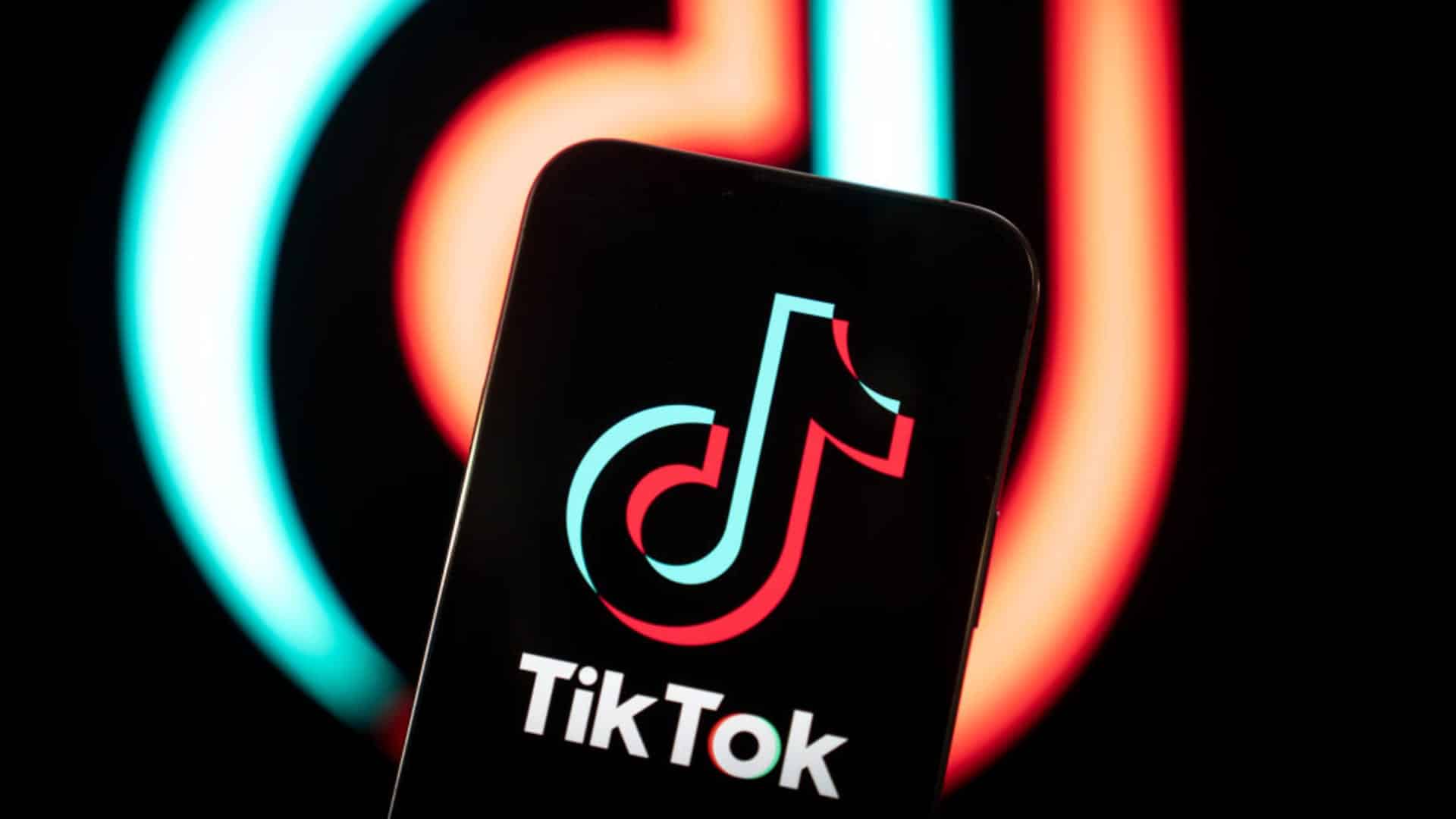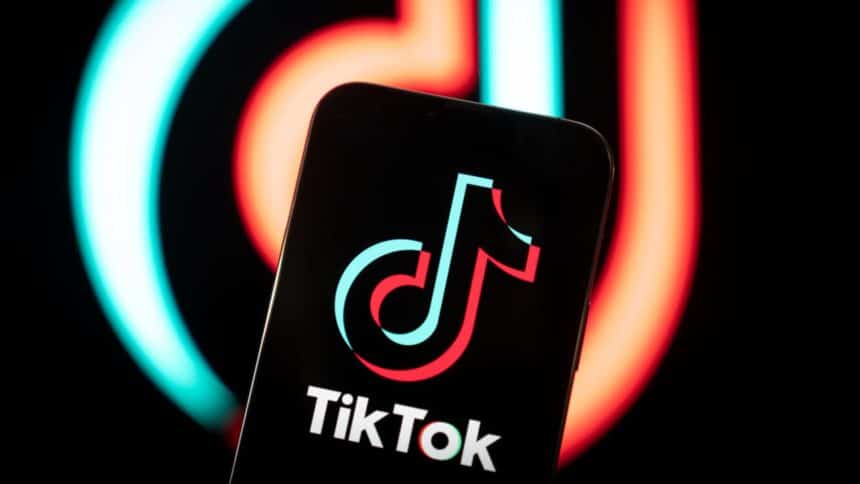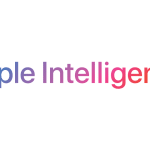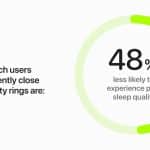TikTok has officially returned to the Apple App Store after a temporary ban that sparked debates about digital regulations and national security. The short-form video app, owned by Chinese company ByteDance, was removed from the App Store following concerns over compliance with U.S. government requirements. However, after negotiations and legal approvals, TikTok is once again available for download.
Why Was TikTok Removed?
The app was taken down after the U.S. Department of Justice raised concerns about data privacy and national security. The removal came as part of ongoing regulatory scrutiny over Chinese-owned apps operating in the United States. Lawmakers expressed fears that TikTok could expose user data to foreign entities, leading to discussions about stricter oversight or a potential ban.

How Did TikTok Return?
The return of TikTok followed an executive order by the U.S. President, granting a temporary reprieve for the app to remain operational while ByteDance sought compliance with U.S. regulations. Attorney General Pam Bondi confirmed that after receiving guarantees from TikTok and its hosting partner Oracle, the government would not impose immediate fines or restrictions. This assurance paved the way for Apple and Google to restore TikTok to their app stores.
What’s Next for TikTok?
Despite the app’s return, its future in the U.S. remains uncertain. ByteDance must either sell its U.S. operations to an American company or face potential legal consequences by April 2025. If a sale does not occur, another ban could be enforced. Meanwhile, alternative platforms such as Instagram Reels and YouTube Shorts continue to compete for TikTok’s massive user base.
For now, TikTok users can continue creating and sharing content without disruptions. However, regulatory challenges could shape the app’s long-term presence in the U.S., making its status a key issue in the evolving debate on digital security and data privacy.












